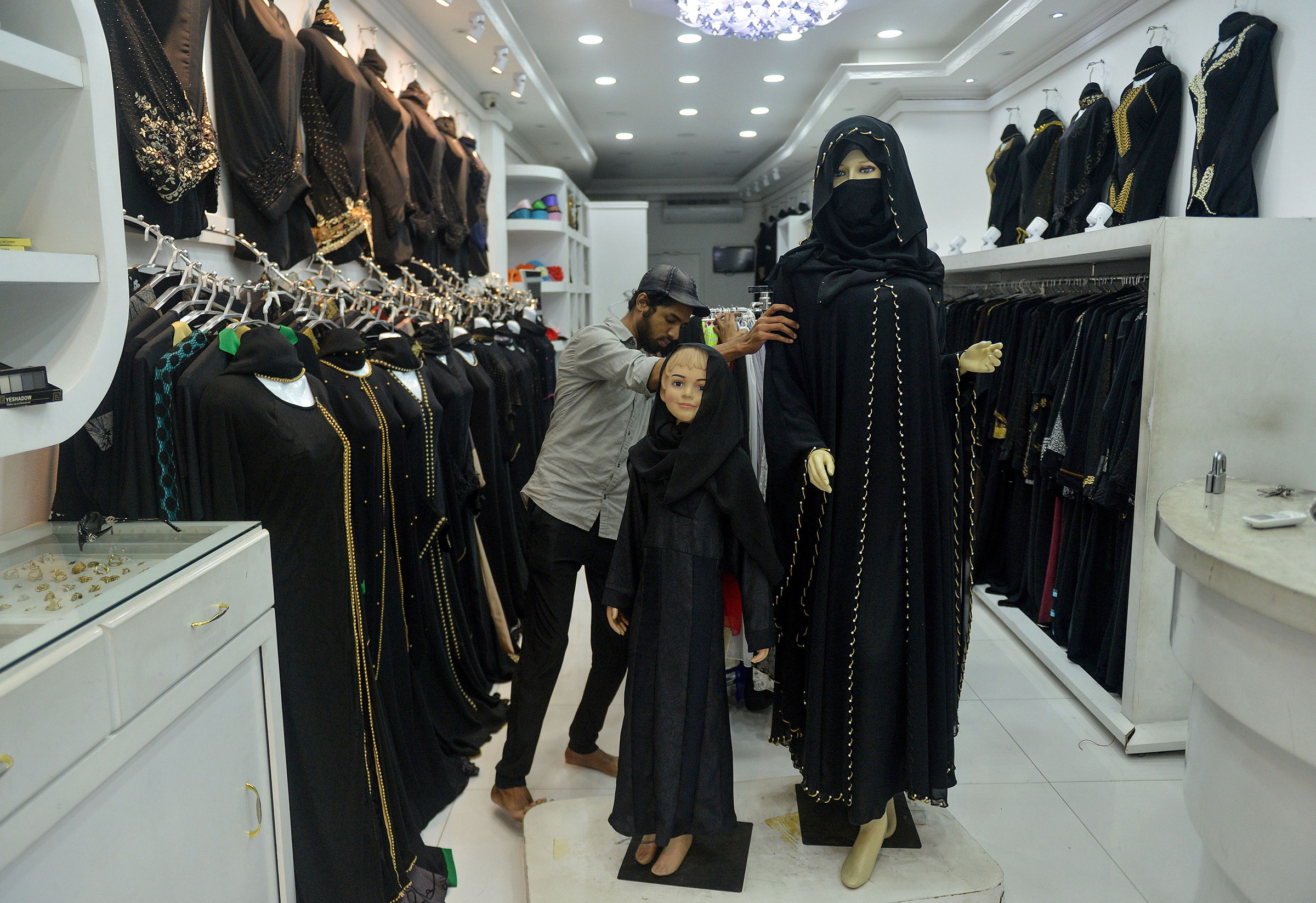
Eight days after the April 21 bombings in Sri Lanka left at least 253 dead, the government announced that all face coverings would be banned in public, saying the move would help the search for those involved. The bombings, carried out by alleged Islamist militants who targeted churches and high-end hotels, were the most fatal violence the country has suffered since its civil war ended in 2009. Although the ban did not specifically mention Islamic veils, critics have denounced the measure for stirring suspicions against Muslims, who make up 9.7% of Sri Lanka’s diverse population.
After ISIS on April 23 claimed responsibility for the attacks, there were reports of mobs roaming the streets and beatings of Muslim residents. Nearly 1,000 mostly Muslim refugees fled or were forced out of their homes in the week following the bombings, according to Human Rights Watch. No deaths have so far been reported, but in that climate, Muslim community leaders say, the ban on face coverings was ill-conceived–especially given that they had already agreed to a voluntary suspension of veil wearing.
The face-covering ban hasn’t been the only decision to draw scrutiny of Sri Lanka’s response to the Easter Sunday attacks. For nine days after the attacks, the government blocked social-media services including Facebook and WhatsApp in an attempt to stop the spread of misinformation; it’s unclear whether that made a difference. Meanwhile, some of those behind the plot are still believed to be at large. A shoot-out on April 26 left 15 people dead, including three suspected suicide bombers and six children, according to authorities.
The Sri Lankan government has been heavily criticized for its failure to prevent the attacks despite receiving advance warnings from Indian intelligence agencies. The country has a long history of ethnic tension, and in recent years Buddhist nationalists (who are part of the Sinhalese majority) have attacked both Muslims and Christians. With presidential elections due to be held by the end of 2019, whether their government can protect the country from future violence–without widening religious fault lines–is on the minds of many Sri Lankans.
More Must-Reads from TIME
- Cybersecurity Experts Are Sounding the Alarm on DOGE
- Meet the 2025 Women of the Year
- The Harsh Truth About Disability Inclusion
- Why Do More Young Adults Have Cancer?
- Colman Domingo Leads With Radical Love
- How to Get Better at Doing Things Alone
- Michelle Zauner Stares Down the Darkness
Write to Billy Perrigo at billy.perrigo@time.com